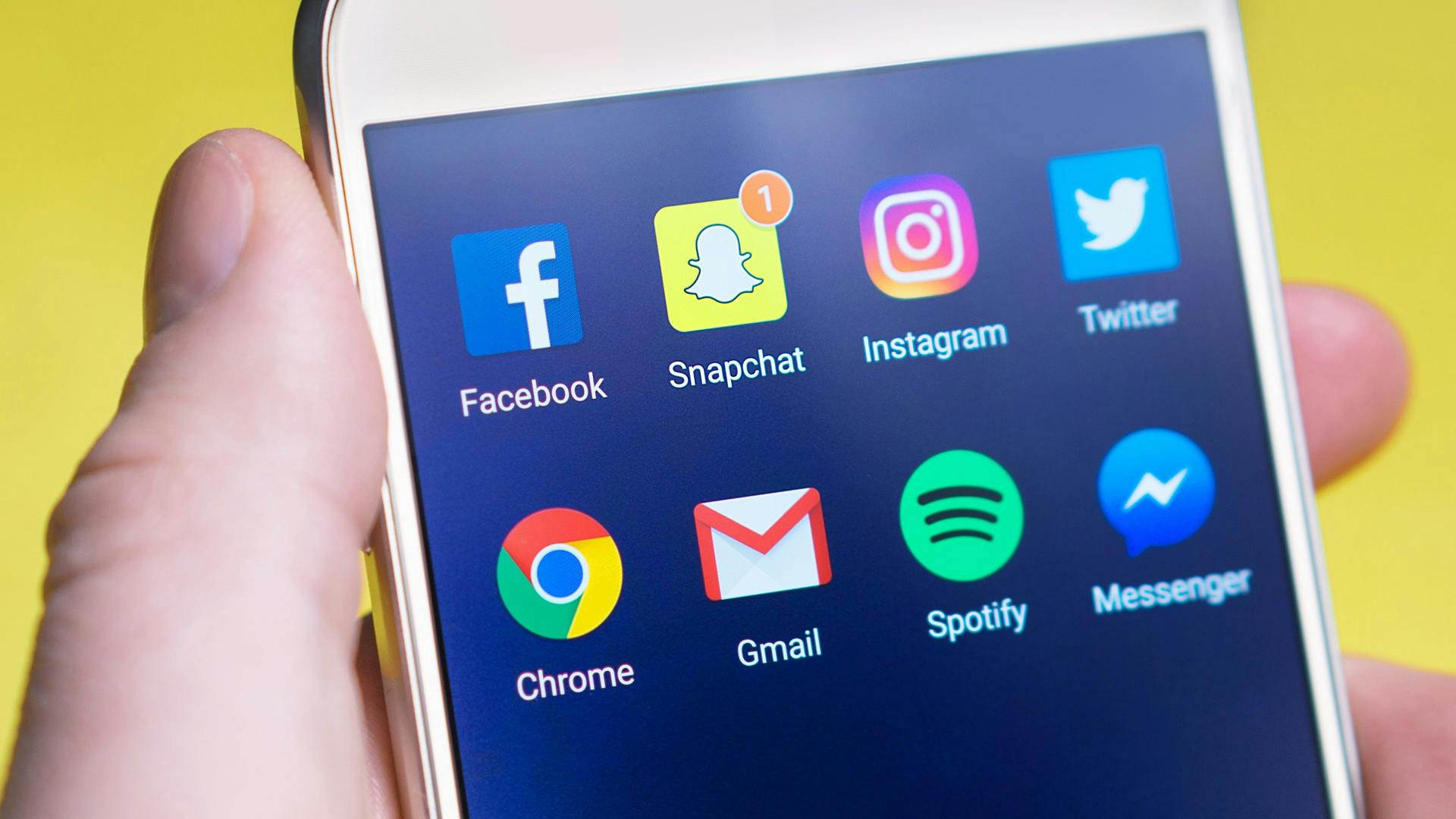7 Key Insights: Can Social Media Cause Depression? Uncovering the Truth
Explore 7 powerful insights into the relationship between social media and depression with simple explanations, real-life examples, and expert-recommended resources.

Introduction
Imagine feeling sad even when you’re playing with your favorite toy or chatting with friends online. Many studies and experts ask: Can social media cause depression? Research from sources like ChildMind, McLean Hospital, HelpGuide, and peer-reviewed studies suggests that excessive social media use may be linked to feelings of sadness, isolation, and depression. In this guide, we share 7 key insights on how social media can impact your mental health, offer real-life examples, and recommend books, films, videos, and courses to help you manage your digital habits and boost your well-being.
1. Understanding the Connection
What It Means:
Social media platforms are designed to keep you engaged. While they can help you connect with friends, too much time scrolling through posts can sometimes make you feel lonely or sad.
Example:
Imagine looking at pictures of fun parties every day and then feeling left out because you’re not invited. This feeling of exclusion can contribute to depression.
Data Insight:
Studies referenced by ChildMind indicate that heavy social media use is associated with increased rates of depression among adolescents and young adults.
2. The Role of Comparison
What It Means:
Seeing perfect images and idealized lifestyles online can make you compare yourself to others. This “comparison trap” can lead to negative feelings about your own life.
Example for a Child:
It’s like comparing your drawing to someone else’s perfect picture—you might feel like your work isn’t good enough.
Quote:
“Comparison is the thief of joy.” — Theodore Roosevelt
Tip:
Remember that people often share only the best parts of their lives online, not the whole picture.
3. Digital Overload and Stress
What It Means:
Spending too much time on social media can overwhelm your brain, much like trying to drink too much water at once. This digital overload can make you feel stressed and drained.
Real-Life Story:
Many young adults have shared how constant notifications and endless scrolling leave them feeling exhausted and anxious, contributing to a low mood.
Data Reference:
Research from McLean Hospital highlights that prolonged exposure to digital screens and social media notifications can disrupt sleep and increase stress hormones, which are linked to depression.
4. Impact on Sleep Quality
What It Means:
Using social media late at night can interfere with sleep, and poor sleep quality is a known risk factor for depression.
Example:
Imagine trying to play with your toys all day without ever resting—you’d feel tired and cranky. Similarly, if you don’t sleep well, your body and mind can become tired and sad.
Tip:
Set a “screen curfew” by turning off your devices at least an hour before bedtime.
5. Isolation Despite Connection
What It Means:
Even though social media connects people around the world, it can sometimes make you feel isolated. Real-life, face-to-face interactions are important for emotional well-being.
Example:
Think of it as watching your friends play in a park from far away instead of joining them. You see the fun, but you don’t get to enjoy it yourself.
Real-Life Insight:
HelpGuide emphasizes that while online connections are valuable, they cannot fully replace the emotional support gained from in-person relationships.
6. Managing Your Digital Habits
What It Means:
The good news is that you can change how social media affects you. Learning to manage your digital habits can reduce feelings of depression.
Practical Tips:
- Digital Detox: Take regular breaks from social media.
- Mindfulness: Practice deep breathing or meditation to calm your mind.
- Set Limits: Use apps to monitor and limit your screen time.
Recommended Resource:
Visit HelpGuide’s article on social media and mental health for more tips.
7. Finding Balance Through Real Connections
What It Means:
Balancing online time with real-life interactions can help you feel happier. Spending time with family, friends, or engaging in hobbies can offset the negative impact of social media.
Example:
Imagine playing a board game with your friends—you talk, laugh, and share experiences. This real-life connection is essential for your emotional well-being.
Recommended YouTube Video:
Watch “Can Social Media Cause Depression?” for more insights and strategies to balance your digital and real-life interactions.
Conclusion
So, can social media cause depression? The answer is yes—it can, especially when used excessively and without balance. However, by understanding the link between digital habits and emotional health, setting limits, and focusing on real-life connections, you can manage these effects and protect your mental well-being.
Final Thought:
Think of your brain as a beautiful garden. If you water it too much with digital noise, it can get flooded. But if you give it time to rest and nurture it with real love and care, your garden will bloom beautifully.
Recommended Resources:
Books:
- “Digital Minimalism” by Cal Newport
Learn more on Amazon
Discover how to reclaim your time and mental space in the digital age.
Films:
- “The Social Dilemma” (2020)
A documentary that explores the hidden impact of social media on our mental health and society.
Online Courses:
- Digital Wellness Courses on Coursera
Learn practical strategies to manage digital consumption and improve your mental well-being.


Your point of view caught my eye and was very interesting. Thanks. I have a question for you.
Your point of view caught my eye and was very interesting. Thanks. I have a question for you.
Your point of view caught my eye and was very interesting. Thanks. I have a question for you.
I don’t think the title of your article matches the content lol. Just kidding, mainly because I had some doubts after reading the article.
Thank you for your sharing. I am worried that I lack creative ideas. It is your article that makes me full of hope. Thank you. But, I have a question, can you help me?
Can you be more specific about the content of your article? After reading it, I still have some doubts. Hope you can help me.